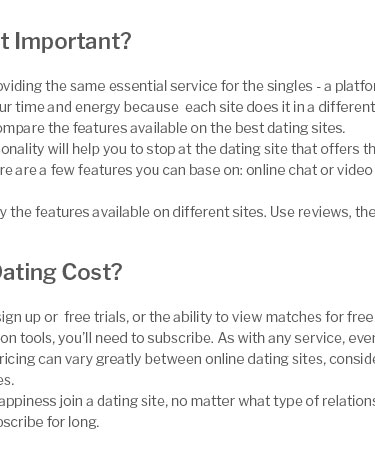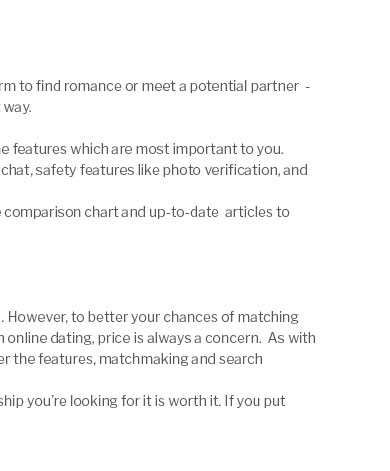 |
 |
|---|
|
|
|
|---|---|
 |
 |
 |
 |
|---|---|
 |
|
 |
|
 |
|
 |
|
 |
|
 |
|
 |
|
 |
|
 |
|
 |
|
 |
|
 |
 |
 |
|---|
extra marital affairs in australia: a beginner's guideUnderstanding the landscapeExtra marital affairs in Australia sit at the intersection of personal freedom, relationship ethics, and community expectations. People approach the topic with curiosity, caution, and strong feelings about honesty, consent, and responsibility. Legal framework in AustraliaFamily law follows a no‑fault approach, so the relationship breakdown itself is the focus. Personal conduct can matter only where it creates clear financial waste or risks to wellbeing. Privacy, consent, and safety remain essential in every interaction.
Care for people first; manage risks with intention. Motivations and dynamicsReasons vary and often mix emotional, relational, and situational factors. Understanding motives helps with clearer choices and honest conversations. Common motivations
Power, consent, and fairness
Consent without clarity is not real consent. Digital reality and privacyMessaging apps, location settings, and cloud backups can expose private details. Research tools carefully and keep ethics at the center. Some explore platforms that compare features and discretion, including top extramarital dating sites, while weighing risks and responsibilities. Privacy basics
Discreet logistics
Emotional impactsAffairs can produce excitement and closeness as well as guilt, secrecy burden, and anxiety. Partners may experience shock, confusion, and a rupture of trust. For the person engaging
For partners and families
Professional support can reduce harm and clarify choices. Health and safety
Alternatives and decision pathsBefore acting, assess compatibility, needs, and values. Some couples explore repair, structured separation, or consensual non‑monogamy frameworks.
Counselling, individual therapy, and mediation can help with clarity, closure, or a new framework based on explicit consent. Gendered experiences and community normsSocial judgments differ by gender and culture. Support spaces and resources vary in tone and expectations, including those tailored to married women looking for affairs. Empathy and non‑judgmental listening reduce shame and reactivity. Regional considerations across AustraliaPopulation size and social overlap can raise exposure risks. In compact communities, discretion, boundaries, and conflict‑of‑interest awareness become especially important. Communication skills that helpRepair‑oriented conversation tips
Honesty with empathy is the fastest path to clarity. Quick glossary
FAQs
Whatever path you choose, act with consent, compassion, and accountability. https://www.psychologytoday.com/au/blog/magnetic-partners/201912/the-real-reason-extramarital-affairs-are-hard-stop
Most therapists do not treat couples when one partner is secretly having an extramarital affair. However, when the cheating spouse solicits ... https://thelatch.com.au/confessions-of-a-serial-cheater/
Extramarital affairs are common perhaps more so than you might think. In Australia, around 60% of men and 45% of women admit an affair ... https://christiantoday.com.au/news/internet-dating-website-encourages-couples-to-have-extra-marital-affairs.html
Internet dating website encourages couples to have extra-marital affairs. By David. I was sickened to see an advert on Australian television for the internet dating ...
|
|---|